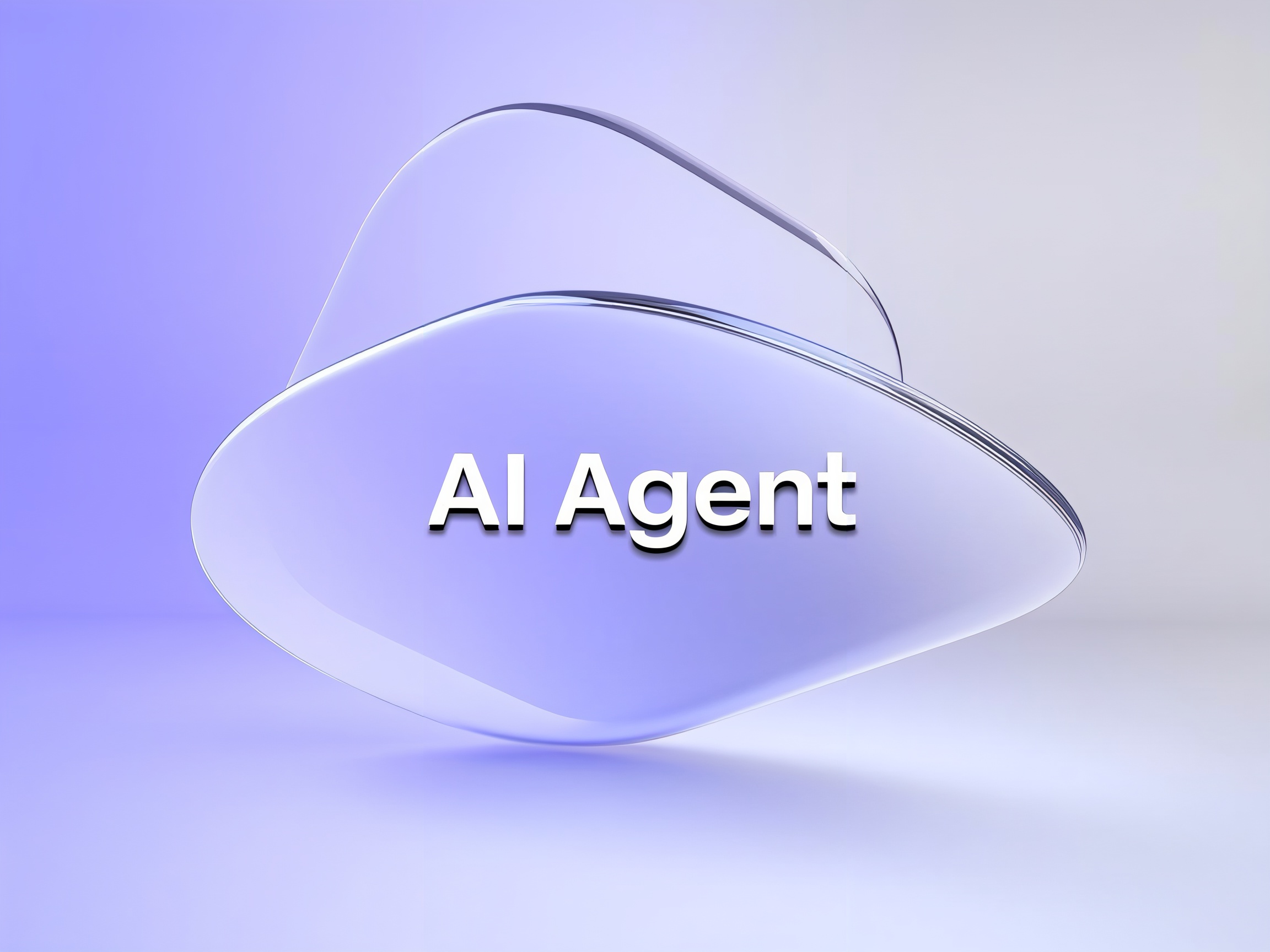This article introduces how cloud-native infrastructure enables scalable, reliable, and low-latency customer communication platforms for real-time voice workloads.

This article introduces Alibaba Cloud's three Nginx Ingress replacement options—ALB, MSE, and APIG Ingress.

This article introduces UModel Explorer, a visual modeling interface that enables intuitive drag-and-drop construction of observability data models.

This article introduces MSE Nacos Prompt Management, which governs AI Agent prompts as dynamic configuration assets with centralized storage, versioning, and hot updates.

This article introduces Alibaba Cloud ARMS' custom metric collection capability.

This article explores the essential value of an Event-Driven Architecture (EDA) in the age of AI.

This article provides a comprehensive guide for migrating from Nginx Ingress to Alibaba Cloud's cloud-native API gateway.

This article introduces the retirement of Ingress NGINX, its implications for users, and migration paths to alternatives like Gateway API and MSE Ingress.

This article discusses the growing importance of assessment engineering in the evolution of AI agents, particularly the use of LLM-as-a-Judge tools and the open-source RM-Gallery.

This is a concise participation guide for the Higress AI Gateway Development Challenge covering the tech stack, three contest tracks (agent developmen.

This article introduces the exploration and practice of building highly available and secure distributed multi-agent systems using MSE, Higress, and Nacos.

This article introduces the launch of the Higress AI Gateway Development Challenge, a global competition focused on advancing AI gateway capabilities with a first prize of ¥60,000.

This article introduces Alibaba Cloud's serverless computing platform, explaining how its services help businesses build scalable and cost-effective modern applications.

This article introduces upgrades to Alibaba Cloud's ARMS Continuous Profiling, which now uses an optimized engine, AI-powered analysis, and differential flame charts to locate performance bottlenecks.

This article provides an overview of the functions and application scenarios of mainstream API protocols.

The article provides a guide on using Istio Service Mesh within Alibaba Cloud Container Service for Kubernetes (ACK) clusters through Compute Nest.

This article introduces innovative load balancing strategies for LLM services that reduce first-token latency by 50% without requiring additional GPU resources.

Engineering = Product Engineering + Technical Engineering,The collaboration between these two components determines whether an AI Agent is "usable, easy to use, and scalable.

This article discusses the challenges and architectural patterns of implementing Model Context Protocol (MCP) services in enterprises, offering practi.

This article introduces the key differences and collaborative dynamics between API Gateway and API Management, crucial for AI agent engineers in large model applications.
